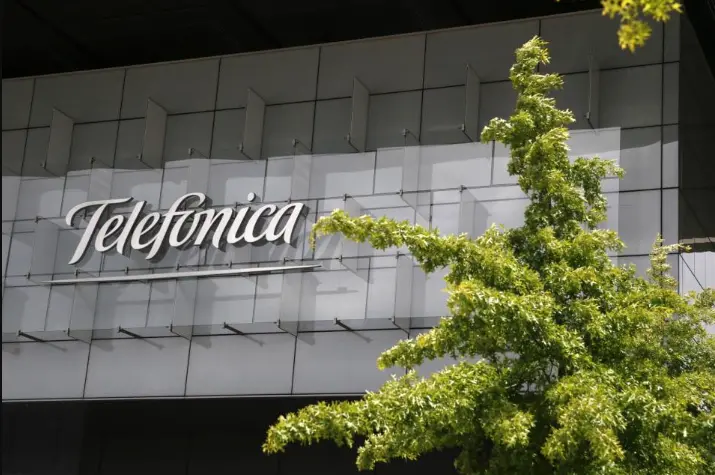The Council of Ministers has agreed this Tuesday to order the Sociedad Estatal de Participaciones Industriales (Sepi) to acquire up to 10% of Telefónica’s capital, which would make the State the largest shareholder of the telecommunications operator 26 years after its exit.
According to what the public company has notified to the Comisión Nacional del Mercado de Valores (CNMV), the Sepi will proceed “to carry out the procedures and actions that allow to start the process in order to complete the acquisition of the necessary volume of shares, minimizing its impact on the share price”.
This 10% stake in the telecommunications company would be equivalent to 2,050 million euros, given that its capitalization currently amounts to 20,500 million.
It will also mean the return of the State to Telefónica, which was fully privatized in 1997 under the government of José María Aznar.
According to the public company, its participation, which has a “vocation of permanence”, will allow Telefónica “greater shareholding stability for the company to achieve its objectives and, therefore, will contribute to the safeguarding of its strategic capabilities”.
The government’s decision comes after the Saudi telecommunications company STC Group announced last September that it had acquired a 9.9% stake in Telefónica for 2.1 billion euros.
Until the entry of the Saudi telecoms company, the Spanish bank BBVA was Telefónica’s largest shareholder, with 4.87%, followed by the US fund BlackRock, with 4.48%, and the financial institution Caixabank, with 3.5% directly, although Criteria, the group that manages the business holdings of the La Caixa Foundation, has another 2.53%.
After hearing the news, the First Vice-President and Minister of Economy, Nadia Calviño, pointed out in the corridors of the Senate that the Executive’s decision is in line with other European countries, such as France and Germany, “which have or are even increasing their public participation in the large strategic telecommunications operators”.
In this sense, the Ministry of Finance has specified that Germany holds 13.8% of the capital of Deutsche Telekom, France has 13.4% of Orange and Italy adopted in August 2023 an agreement to increase up to 20% its participation in the company that groups the fixed telephony assets of Telecom Italia.
Calviño also added that Telefónica is “the most strategic company” in Spain, not only because of its presence in telecommunications infrastructures and in the field of technological innovation, but also “because of its weight in the field of security and defense”.
“It is a decision that aims to provide stability so that the company can achieve its strategic objectives,” he said.
Sepi has been analyzing the operation since October
The Sepi already confirmed last October to the CNMV that it was analyzing a possible acquisition of a shareholding in Telefónica, although at the time it stressed that it had not made a decision.
Specifically, the company had been “monitoring” the situation of the main Spanish “teleco” and was carrying out “an internal exploratory analysis regarding a possible acquisition of a shareholding in the company”.
STC Group announced in early September its entry into Telefónica’s shareholding, where it hoped to control 9.9 % through the acquisition of 4.9 % in shares and 5 % in financial derivatives, which it will convert into shares once the relevant authorizations have been obtained.
The acquisition by the Saudi group of this stake, valued at 2.1 billion euros, requires the approval of the Ministry of Defense due to its status as a strategic company.
The State and Telefónica, a two-way relationship
The State had no stake in Telefónica since 1997, when the government of José María Aznar completed the privatization that had already been initiated two years earlier by the Socialist government of Felipe González.
Telefónica was nationalized in 1945, when 79.6 % of its capital remained in public hands, although the state shareholding dropped to 35.34 % at the end of the dictatorship due to several increases.
After the European Commission (EC) agreed in 1993 to liberalize the telecommunications sector, the government of Felipe González decided to sell 10.7 %, so the State kept 21.3 %, which it disposed of in 1997.
Now, 26 years later, the State will enter the company’s capital as a majority shareholder.

